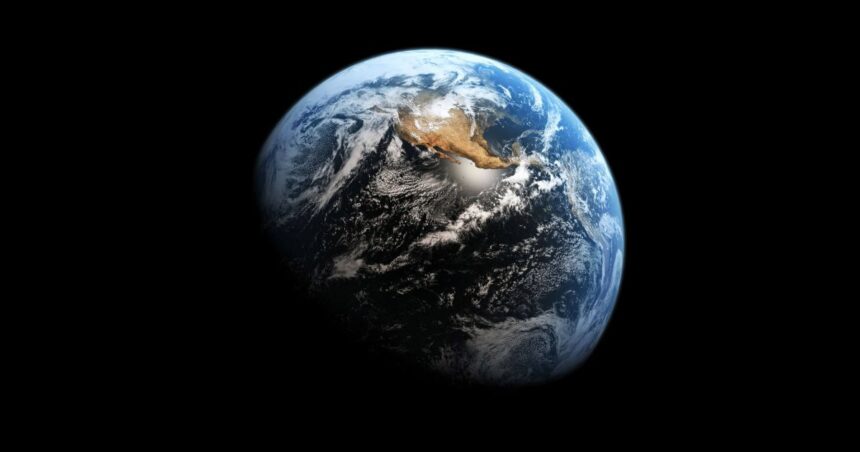Life on Earth is a mystery. How did it begin? Did life on Earth come from asteroids? These types of questions make long debated sessions. A new study suggested a surprising answer to questions. According to this study, a sprinkling of cosmic dust may help life to start on Earth.
What is Cosmic Dust?
Cosmic dust is tiny particles from space. These particles come from asteroids and comets. They travel through the solar system. When they reach Earth, they have all essential elements. These elements include phosphorus, sulfur, nitrogen, and carbon. These are important for life.
The study was published in the journal Nature Astronomy. It challenges old theories. Many scientists believed that larger objects, like meteorites, brought these elements to Earth. But this new research suggests both chances. It shows that cosmic dust could have played a significant role in bringing life to Earth.
The scientists explain that cosmic dust is different from larger objects. It falls to Earth in a continuous stream. This means it can deliver elements continuously. Larger objects, like meteorites, deliver elements in bursts. This makes it harder for life to develop.
Cosmic dust is also gentle. It passes through Earth’s atmosphere without burning up. This allows it to keep more of its original elements. Larger objects often lose their elements during the journey.
Role in starting of life on Earth
The study’s authors used computer simulations. They wanted to see how cosmic dust could have affected early Earth. They found that cosmic dust could have collected in certain areas. These areas include glaciers and ponds. The dust would have mixed with water. This could have created the perfect conditions for life to start.
One of the researchers, Craig Walton, explained the process. He said that cosmic dust absorbs sunlight. This causes it to heat up. When it lands on ice, it melts into small holes. These holes trap more dust. Over time, the dust collects in high concentrations. This creates a rich environment for life to develop.
The researchers also examined the amount of cosmic dust that falls to Earth. Today, about 40,000 tonnes of cosmic dust fall to Earth each year. Billions of years ago, this number was much higher. This means that early Earth had plenty of cosmic dust.
The study’s findings are exciting. They suggest that cosmic dust could have been a key ingredient in the recipe for life. This challenges the idea that life on Earth needed large, dramatic events to start. Instead, it could have begun with a gentle sprinkling of cosmic dust.
The researchers hope that their findings will inspire more studies. They believe that cosmic dust deserves more attention. It could hold the answers to many questions about the origins of life.




